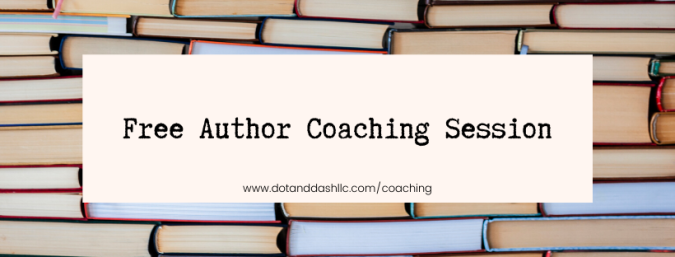Today we’re learning about how to spell and use some confusing Y words: yea, yeah, and yay.
Yea
Yea means yes. It is the oldest of the three words, with its first-known use coming before the twelfth century. Now we mostly see yea when reading about voting. For instance, when posed a question, a group may be asked to answer yea (yes) or nay (no). Note that yea rhymes with the word hay.
Example: “Should we have hot dogs for lunch?” the mother asked. “Answer yea or nay.”
Yeah
Yeah is a slang word that also means yes. Yeah is much newer than yea, however, having come into existence in the 1860s. In terms of spelling, yeah and yea are often confused. Remember that unless you’re writing about a public vote, you’ll want to use yeah.
Example: He asked if I wanted to go on a date and I said yeah.
Yay
Yay is often used as an interjection to express excitement and approval. It has the same meaning as yippee or hooray. It appears to have evolved from the word yea and is pronounced the same way.
Example: Yay! We’re going to the zoo!
Erin Servais is the founder of Dot and Dash, LLC, an author-services company focusing on women writers and offering a range of editing, coaching, and social media packages.
Sign up for the Dot and Dash newsletter to get writing tips and tricks and exclusive deals.
Follow Dot and Dash on social media.
Twitter: @GrammarParty
Instagram: @dot_and_dash_llc
Facebook: facebook.com/dotanddashllc
Pinterest: www.pinterest.com/dotanddashllc

Claim your free author coaching session here: https://www.dotanddashllc.com/coaching



